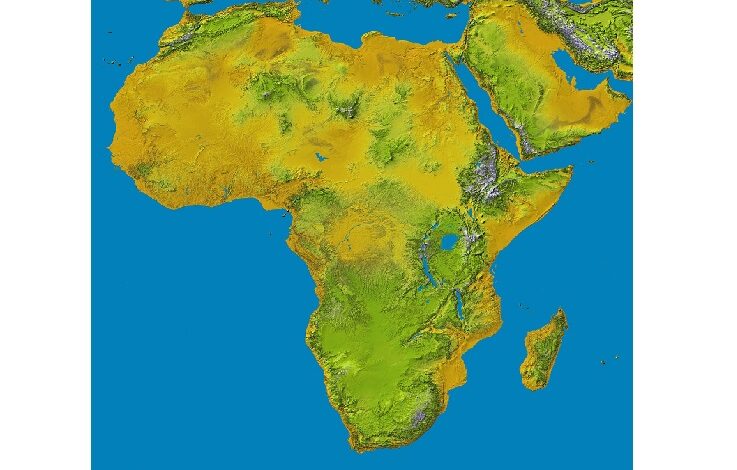Why is the Africa continent named Africa?

The word Africa, where did it come from? No one knows for sure. Various hypotheses have suggested where the name came from.
The word Africa connotes ideas that vary from person to person. For some, it is a land without cold or horror, while others see it as a black continent with a mirage glimmering on the horizon of the arid Sahara desert.
For 1.2 billion people in the African continent, the word Africa is also synonymous with home. It is also a mighty name that speaks of mystery, adventure, poverty, freedom and corruption.
The Romans hypothesis
The exact origin of the word Africa is debatable, but much is known about its history. We understand that the Romans first used the word ‘Africa’ to describe that part of the Carthaginian Empire located in present-day Tunisia.
One of the most popular assumptions about the origin of the name ‘Africa’ comes from the Roman name for a tribe living in northern Tunisia, which is believed to be a Berber people.
The Romans variously called these ‘Afri’, ‘Afer’ and ‘Ifir’. Some believe that ‘Afri’ is an abbreviation for ‘Afri terra’, which means ‘land of Afri’. However, there is no evidence in the primary sources that the term ‘Afri terra’ was used to describe this region. There is no direct evidence that it was from ‘Afri’ that the Romans derived the name ‘Africa’.
The Africus hypothesis
A different theory claims that the continent was named after Africus, a Yemeni chieftain who conquered North Africa sometime in the second millennium BCE. Africus has established a settlement in his newly conquered lands, which he named ‘Afrikyah’.
Possibly his yearning for immortality was so overwhelming that he decreed that the entire land be named after himself. Yet, the incident on which this hypothesis is based occurred so many years ago that the truth of it is now hard to verify.
Land of dust

Other theories relate to the climate of the African continent. Some believe that the word “Africa” is a derivative of the Greek word ‘aphrikò’, which translates as ‘land without cold and terror’. Or the Phoenician word ‘afar’, meaning dust. It may be a variant of the Roman word ‘Aprica’, meaning sunshine.
Al-Hasan Ibn Muhammad al-Wazan hypothesis
In the early sixteenth century, the famous medieval traveller and scholar Leo Africanus (Al-Hasan ibn Muhammad al-Wazan), who travelled through much of North Africa and described in detail what he saw there, believed that the name ‘Africa’ came from Greek.
Until the late sixteenth century, ‘Africa’ was used only to denote the part of the larger landmass that made up the continent, mainly the area occupied by Tunisia and Morrocco. For most of its history, the continent as we know it today had many names for all its different components, none of which was used to describe the entire continent.
As European exploration opened up a continent’s idea, cartographers began to provide a single place name for the entire continent. By the end of the seventeenth century, the name ‘Africa’ had won out over others, beating out names such as Guinea, Libya or Aethiopia as the name we know today for the whole continent.




